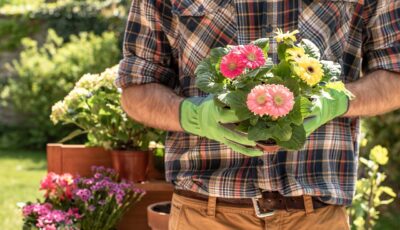A Guide to Why Gardening Is Really, Really Good for You
As we head toward spring and the days get longer and lighter, we want to spend more and more time outside. Why not? It’s warmer, the sun is peeking out more and more often, and the trees are bursting into a blossom that, before we know it, will become green leaves. The birds are singing, the first flowers of the year are fizzing with color, and even the sleepiest animals are out of hibernation. It’s time to get out into the garden.
Spending time in your garden has tons of benefits. Let’s take a look at some of them below.
Grow your own food.
If your garden has space to accommodate one, and your lifestyle allows you time to maintain it, planting your own vegetable patch has many advantages. You’ll have the freshest possible fruits, vegetables, and herbs to eat, and believe us – you’ll be able to taste the difference in every single bite.
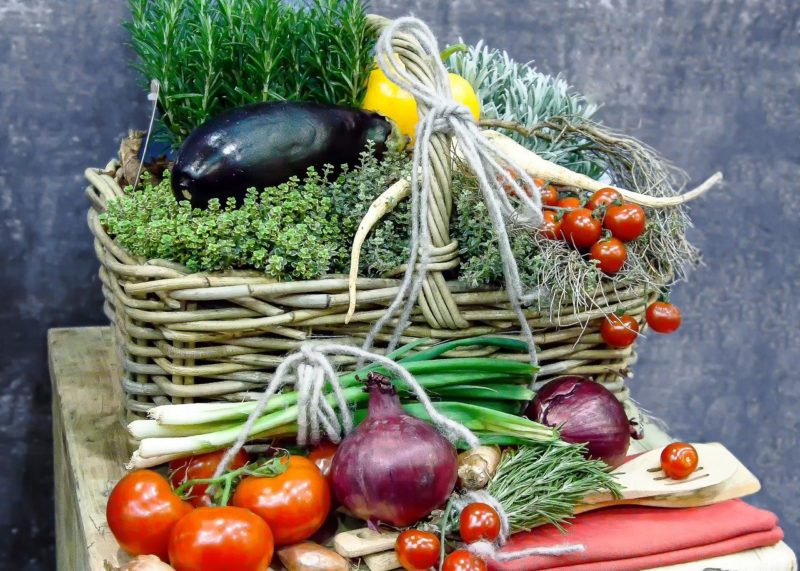
Growing your own food can also ease the transition to a vegetarian or vegan diet (if that’s something you’re keen to try, of course) as it offers easier access to all the fresh fruit and vegetables you could possibly want.
Much of the conversation around shifting to more sustainable, eco-friendly ways of living is focused around reducing the amount of single-use plastic packaging that we use and simply throw away. Much of this plastic then ends up in our seas and oceans, in the stomachs of marine life, or around the necks of sea birds. The smallest molecules, known as microplastics, are even found inside humans!
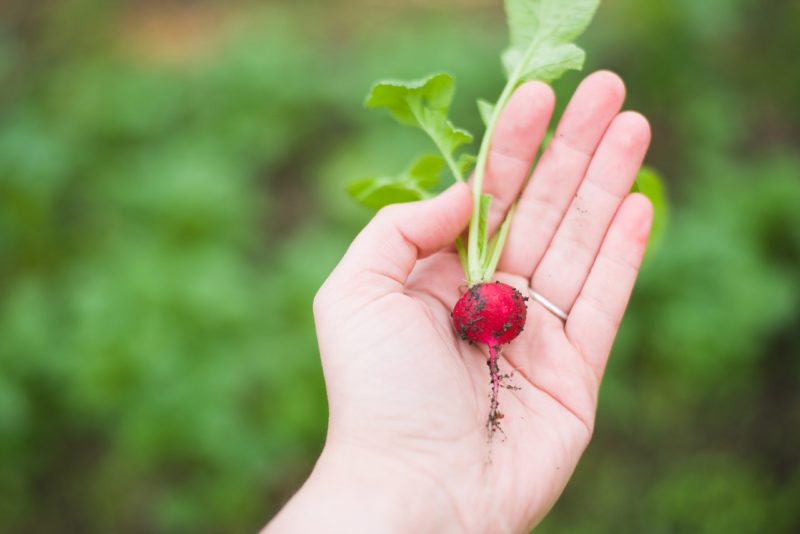
While many grocery stores are now offering fruits and vegetables without unnecessary plastic packaging, they have skins and peels for a reason – it’s almost impossible to shop entirely plastic-free. However, growing your own vegetables can drastically reduce the amount of plastic you use. You can even double up on your eco-friendly status by composting the skins and peels of your freshly-grown food!
Pesticides are one of the great mysteries of store-bought fruit and vegetables. Can we ever really know what our food has been sprayed with? We can – by growing it ourselves! Garden-grown food rarely needs pesticides or chemicals to thrive, so you know you’re only eating genuine organic produce.
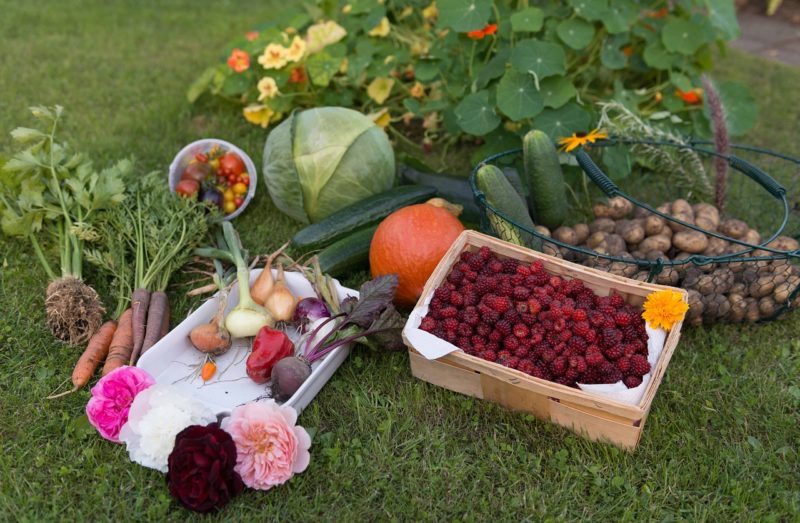
The final, and for many people, most important, benefit of keeping your own vegetable patch is the sharp decrease in your grocery bills! Something that costs several dollars to buy in a store can cost just a few pennies to grow yourself, even with water and fertilizer taken into consideration. This is because you’re cutting out several middlemen and companies whose costs are added to the price of your produce.
It’s great exercise.
While gardening isn’t exactly great cardio, it can still be fantastic exercise, and not just for older people, as is often believed! Depending on how big your vegetable patch is, how much maintenance it needs, and how much time you spend in it, you could see a marked improvement in your overall health and fitness level. Lifting bags of soil, pushing wheelbarrows, digging, walking up and down – all fantastic exercise. It’s much more interesting and exciting than running on a treadmill!
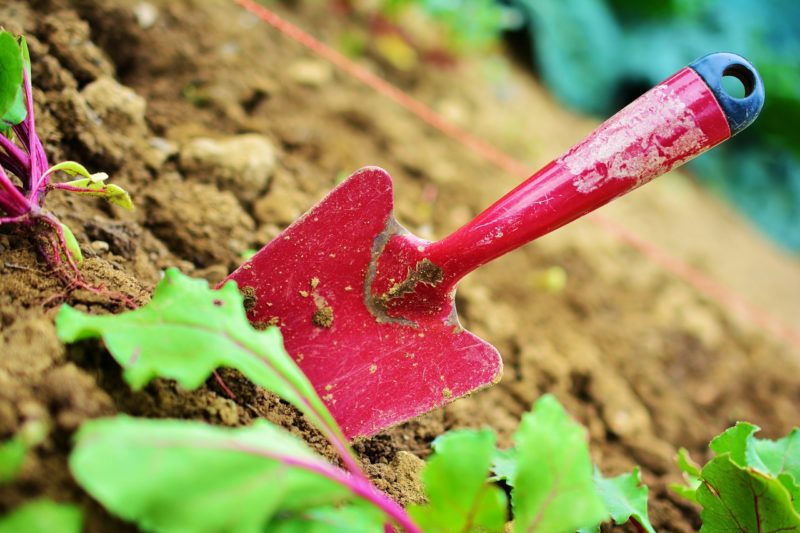
Getting out in the garden and exercising also helps us to maintain a healthy heart. Regular gardening can reduce the risk of older people suffering from a heart attack or stroke by up to a third. The increased exposure to vitamin D that comes from spending more time outdoors also has a positive impact on health, as getting enough vitamin D from sunlight lowers our risk of developing heart disease (the biggest killer in the United States), osteoporosis, and several forms of cancer. Just make sure you’re exposing some of your skin to the sun, and wear appropriate sunscreen. If you need additional cover, try a free-standing gazebo or louvered roof.
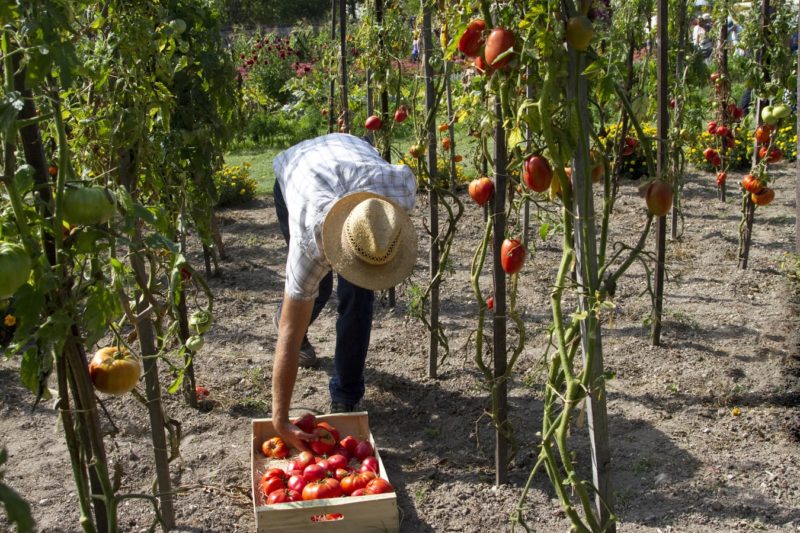
It helps our mental health.
The idea that gardening, or just spending more time outdoors, is good for our state of mind isn’t new. You’ve probably heard tons of stories from people you know about how much they enjoy digging up weeds or mowing their lawn, or just sitting out around the flowers. But then, it’s much more than that.
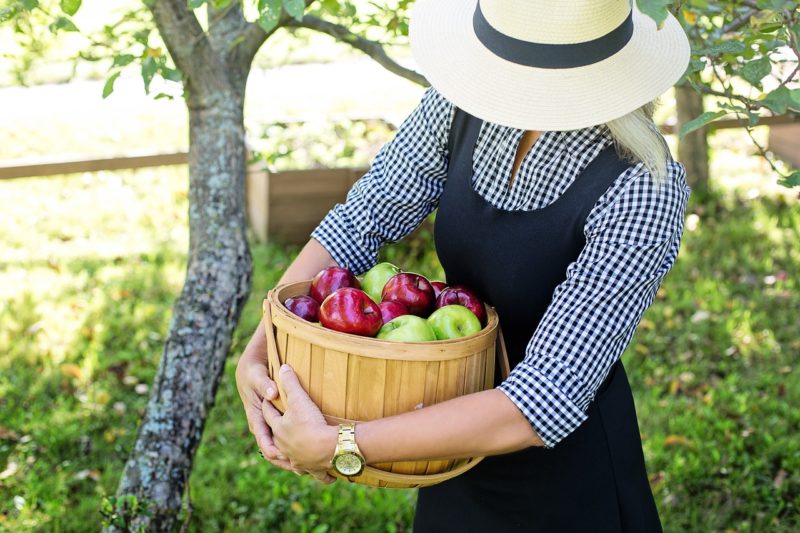
Horticulture is also gaining ground in the medical community as a legitimate, prescribed treatment for clinical depression and other mental health issues. Studies have shown that the combination of gentle physical activity, spending time in nature, and having a project with a measurable outcome (a beautiful garden, or home-grown vegetables) can seriously boost our mental health. Even just the act of sweating can help us to feel better. Being warm, or doing activities that raise our body temperatures, is also proven to boost our overall sense of well-being.
Gardening can also help to reduce daily stress by lowering levels of the stress hormone cortisol in our system. Extended exposure to high levels of cortisol can have much more significant effects than just making us feel anxious. If we’re constantly stressed, we’re more likely to struggle with poor memory, gain weight, develop heart disease, or have a depressed immune system.
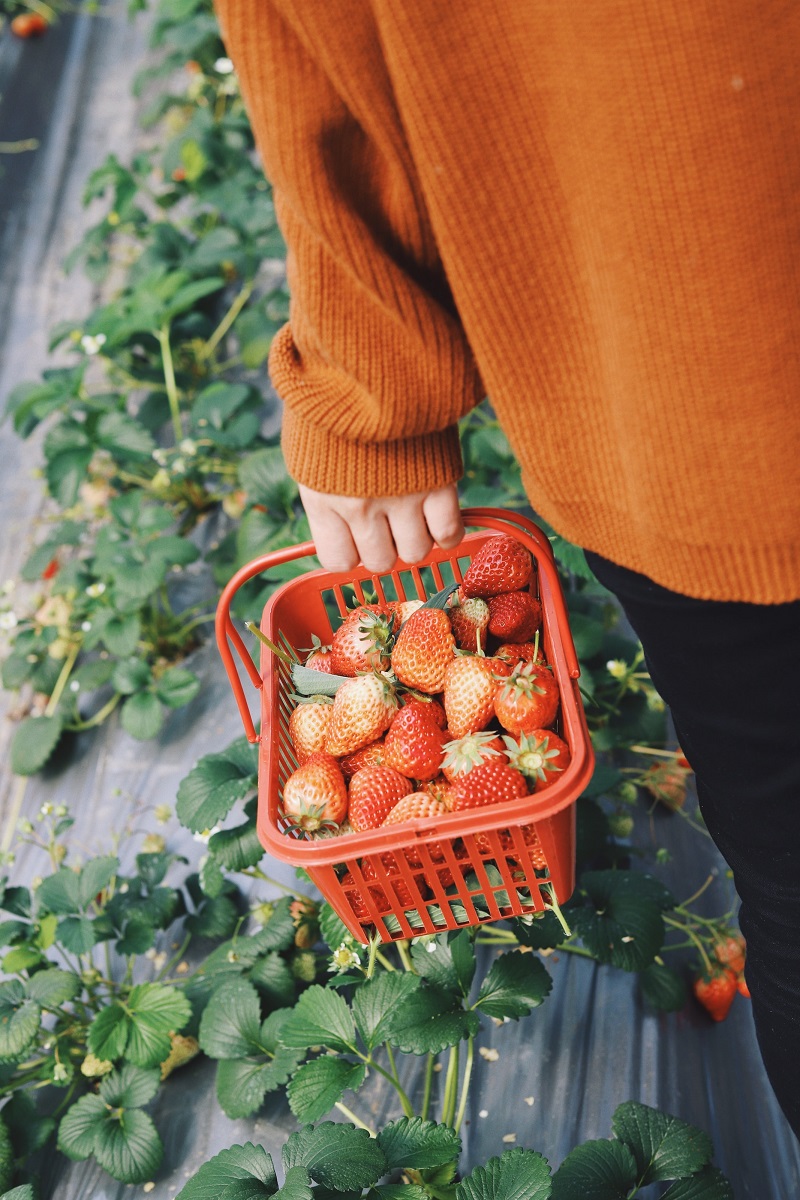
Dementia is a degenerative brain condition that affects many older people. A daily gardening session, no matter how short, can reduce our risk of developing dementia significantly. The exact numbers remain unknown, but some studies have claimed that gardening reduces dementia risk by almost half. Exactly why this happens also remains unconfirmed, but it’s thought that the problem-solving, hand-eye coordination, manual dexterity, and sensory awareness required for gardening all help.
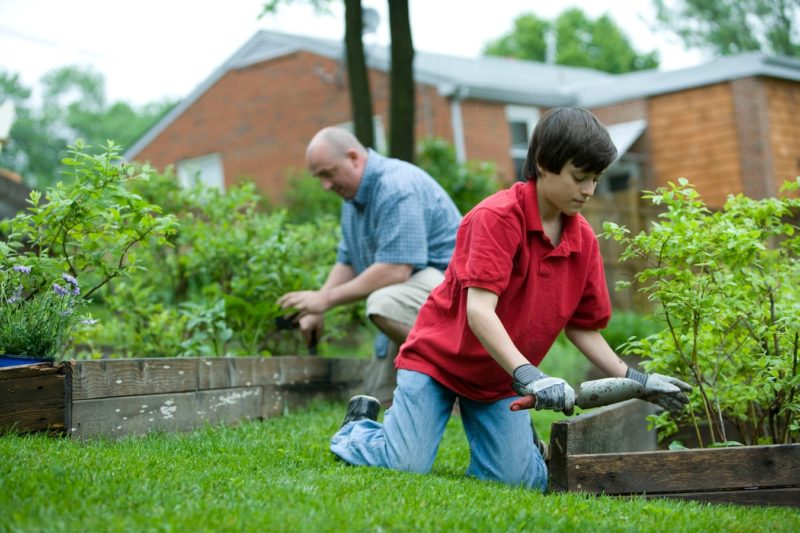
It boosts immunity.
Remember when you were a kid, and your parents were totally cool with you stuffing soil in your mouth because it would boost your immune system? (We admit this may just have been us.) Getting your hands dirty can, in fact, make you more resistant to illness, as the soil is packed with ‘good’ bacteria. However, it isn’t very tasty and isn’t too good for you when ingested. Avoid eating it, perhaps!



